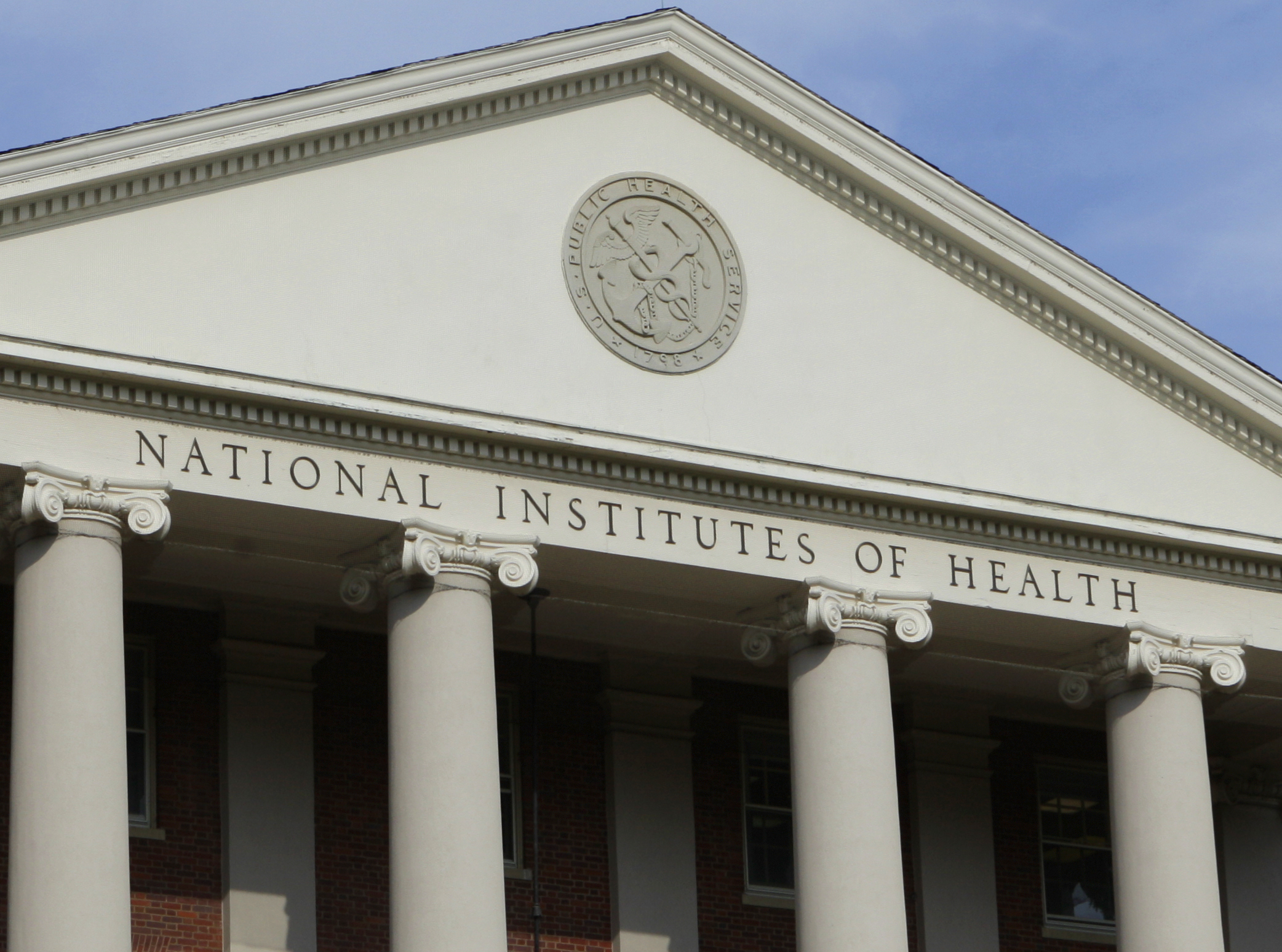
Coax those cancer cells to stop metastasizing, those motor neurons to suspend degenerating. Beg them for a ceasefire. Because the U.S. government can’t decide if continuing to fund the fight is worthwhile.
Earlier this year, the Donald Trump Administration proposed a 22% cut to the budget of the National Institutes of Health (NIH), the largest funder of biomedical research in the world and the organization actively helping us live longer and healthier lives. Scientists and physicians across the country raised their voices in protest. We mailed letters, joined marches and gathered broad support — from the American people who understand that the innovative, time-intensive biological research that leads to cures requires steady, sufficient and reliable government funding.
In July, a House of Representatives committee responded with their own version of the spending bill. It not only blocked the plan to slash by two-thirds the payments the NIH makes toward the indirect costs associated with research (such as utilities, administrative staff and hazard waste disposal), but also increased the overall NIH budget by 3.2%. That’s only a modest raise, but far better than the initial draconian cut.
Still, scientists must hold their collective breath. We wait for the corresponding Senate subcommittee to release its form of the measure. We hesitate to initiate new research projects likely to stretch years into the future because there’s no assurance of funding. We can’t in good conscience assemble top-notch teams of investigators if there’s unlikely to be any money to pay their salaries, let alone their necessary equipment and support services. Thus, momentum — the oxygen of scientific progress — is throttled. Innovation stalls.
The immediate outlook is grim. As laboratories fall quiet, young scientists and postdoctoral students, seeing no promise in their chosen career, leave the field of biological research. Funders who could partially support critical research on the basis of NIH covering the balance pull their investment. Scientific discovery hangs in limbo and begins to wither. Only disease continues to spread unabated.
The engine of state-of-the-art scientific research has always been funding — government grants, philanthropic gifts, charitable donations. We couldn’t accomplish all that we have done without it. And we’ve accomplished a lot: novel ways to harness the immune system to fight disease, new therapeutics for diabetes and aging-related diseases, strategies for growing more abundant food crops in ever more adverse environments. We’re eager to continue.
But the truth is that the engine has been sputtering for some time — and at a very disadvantageous moment. As we speed ever more rapidly toward cures — thanks to advances in scientific insight and cutting-edge technologies like CRISPR — funding continually diminishes. The director of the NIH, Dr. Francis Collins, noted in a recent interview with the Washington Examiner “a steady deterioration in the ability of individuals who send us their best ideas to get funded.” Where one out of three grants over the past 14 years used to receive NIH funding, the current funding rate is only one out of five. That doesn’t provide a lot of incentive for talented scientific minds to join the field of research — or to stay in it.
So while government leaders ponder where to cut expenses, they should reconsider the tremendous value in scientific research — for both world health and the American economy — and make funding it a priority. As Dr. Collins observed, “this is not a government cost; this is a government investment.” He went on to add, “Every dollar that NIH invests in research returns more than $2 in that first year into the local economy.” Allow me to add that many studies put the return on investment in basic scientific research at 8-to-1 when considered over the long term. That’s in addition to the ultimate benefit: American people living long, healthy, productive lives.
I applaud the House of Representatives committee that recognized the value in continuing to fund our ongoing battle. I urge the corresponding Senate committee to come to the same wise decision. And soon. Cures are in sight. We can’t keep disease on hold.
More Must-Reads from TIME
- Donald Trump Is TIME's 2024 Person of the Year
- Why We Chose Trump as Person of the Year
- Is Intermittent Fasting Good or Bad for You?
- The 100 Must-Read Books of 2024
- The 20 Best Christmas TV Episodes
- Column: If Optimism Feels Ridiculous Now, Try Hope
- The Future of Climate Action Is Trade Policy
- Merle Bombardieri Is Helping People Make the Baby Decision
Contact us at letters@time.com